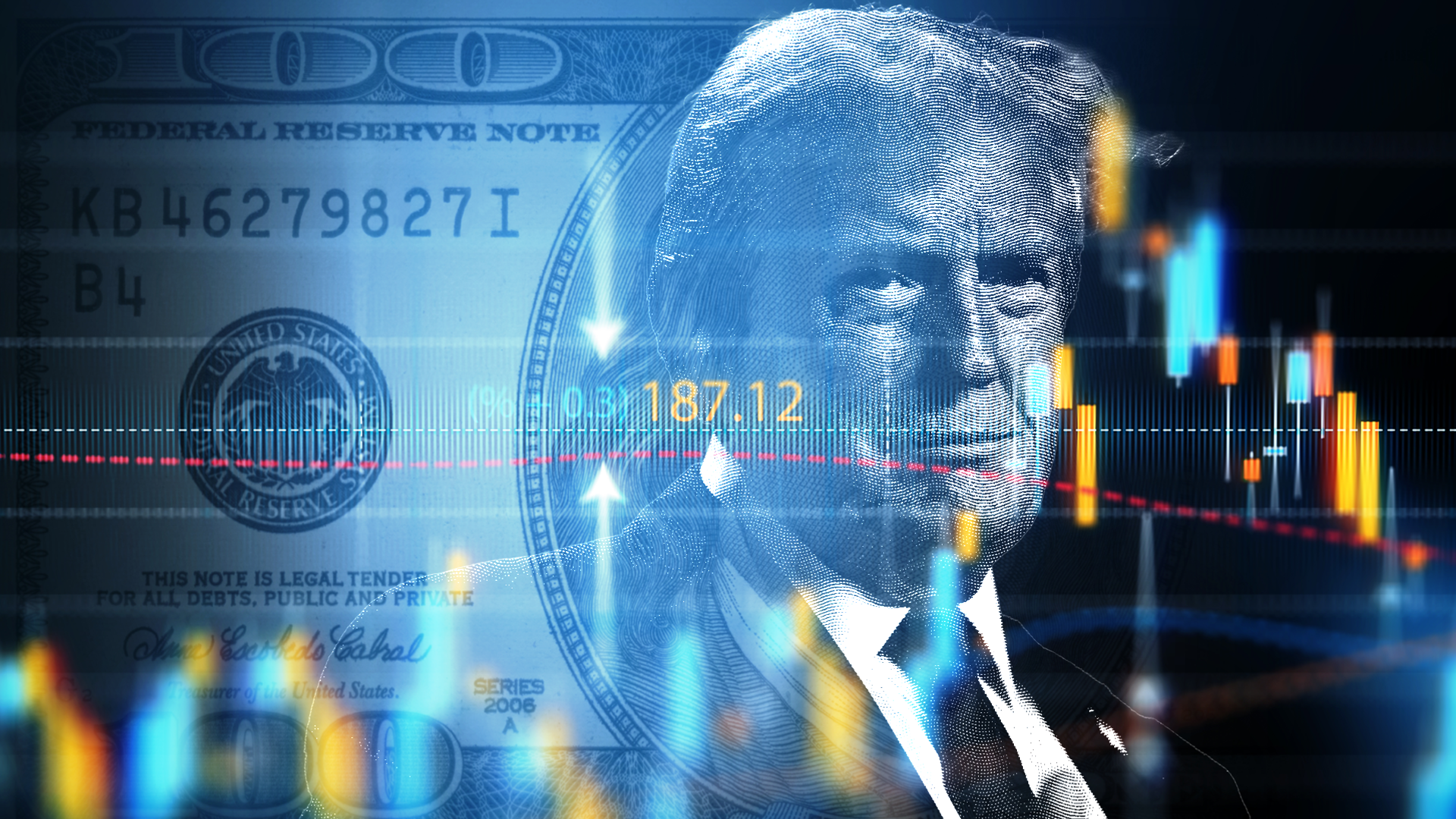There’s a fair chance that when historians look back at the era we’re currently in, they will describe this – the second inauguration of Donald Trump – as the moment the world changed.
This, they may say (yes, of course, it all depends on what happens next) was the moment the 35-year-long period of globalisation that began with the fall of the Berlin Wall gave way to a new era. It was the moment the prevailing assumptions among the governing elite – that free trade and free movement of people were critical principles of policy – were replaced by new ones.
Please use Chrome browser for a more accessible video player
Those principles – that barriers to migration flows and tariffs on trade flows are a valid part of the policy toolkit – are not exactly new. Indeed, look back over the past two centuries and you see that every 75 years or so, the pendulum swings to and from an adherence to free trade. Nor is it entirely true to say Donald Trump changed everything. Look at Joe Biden’s policies while in office and you see that far from reversing the Trump 1.0 stance on China, Biden reinforced it with new tariffs and protectionist measures.
Even so, historians tend to be drawn towards symbolic moments and this is certainly one of them. Americans have given their popular support to a president who not only espouses a very different rendition of American international engagement to most of his post-war predecessors but glorifies it.
Read more:
Melania Trump – making her own rules
Why the UK must work with Trump
Meet the Trump family
Please use Chrome browser for a more accessible video player
Since Franklin Roosevelt, one of the overarching goals of American policy was to use its power to try to seek international stability and to enshrine democracy and certain social and economic values (the “Washington consensus” as it became known). Those goals were reinforced via multilateral organisations like the United Nations and International Monetary Fund. Unlike its predecessors as global hegemon, the US would eschew old-fashioned imperialism in favour of this more enlightened model of multilateralism – or so they claimed.
Keep up with all the latest news from the UK and around the world by following Sky News
But the Trump 2.0 era seems to suggest that model is now over. From his obsession with tariffs to his claims over Greenland and Panama, to his transactional attitude to NATO, the new president’s demeanour harks back to a different era and a different America. The global superpower is changing and ushering in a different world. The consequences are likely to be profound.





